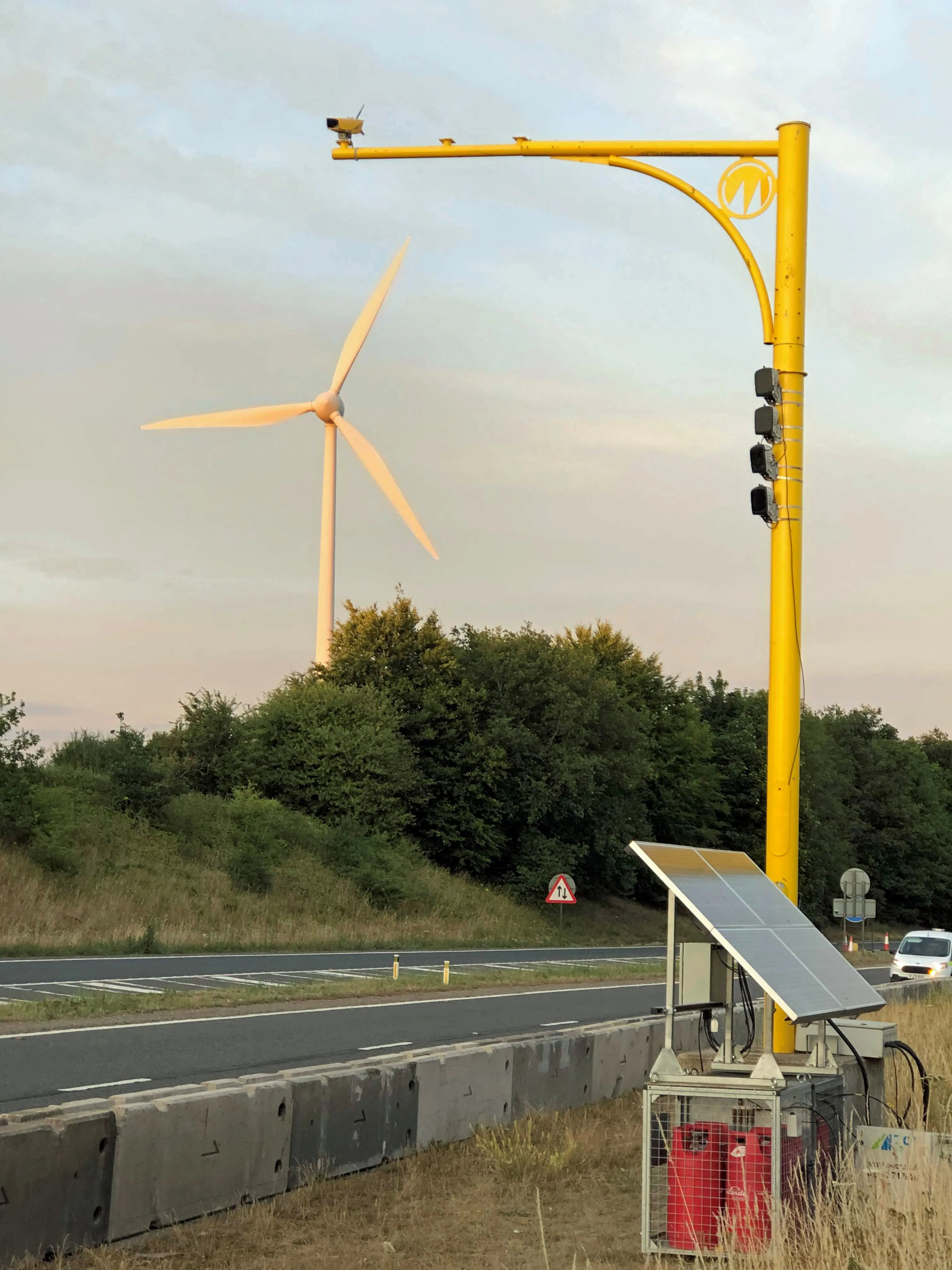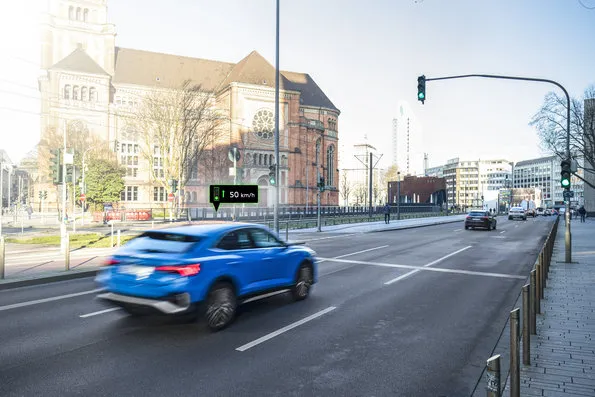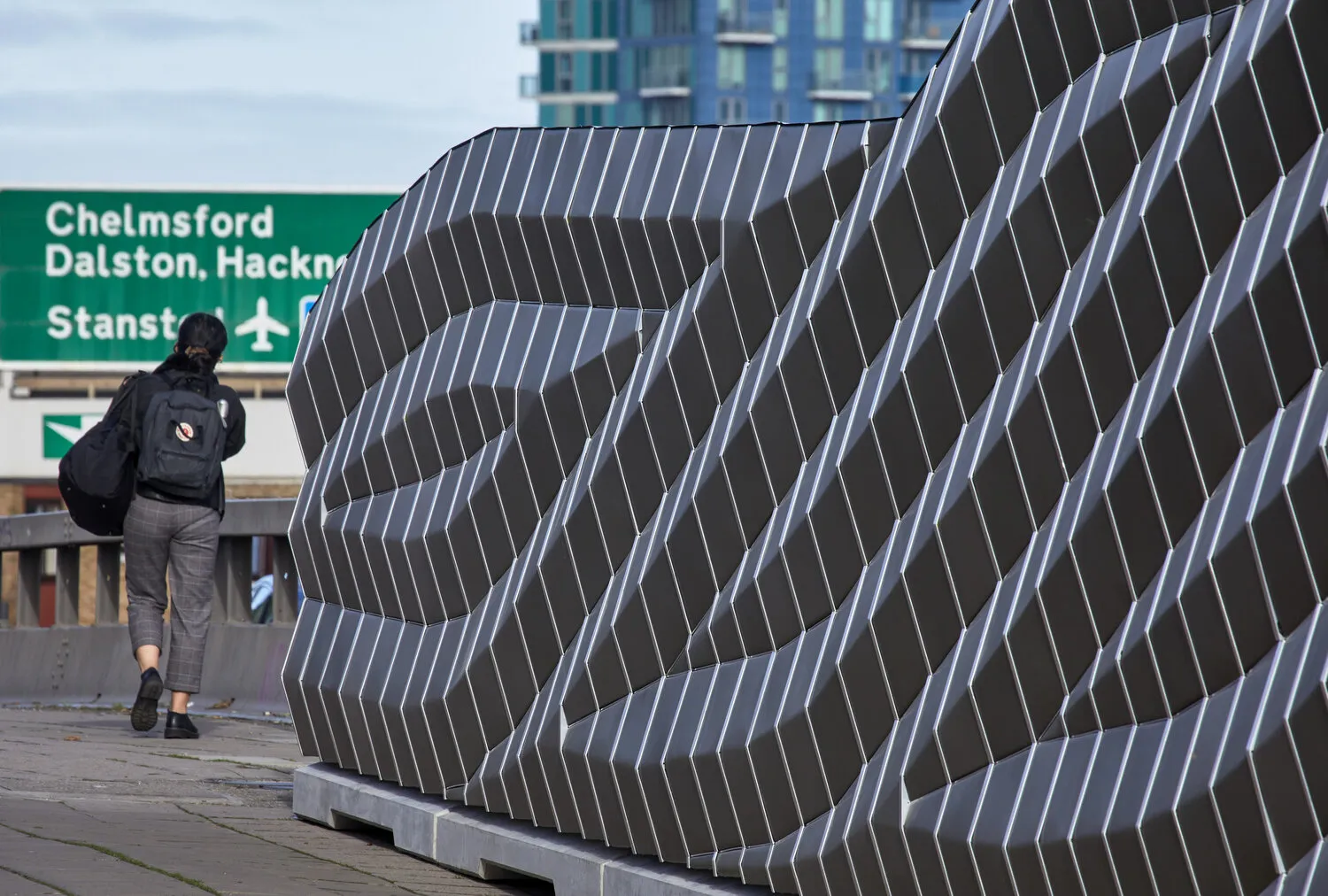
Jenoptik has developed green power sources for its temporary speed camera enforcement cameras.
The company says it has delivered, over the last 20 years, 500 Temporary Automated Speed Cameras At Roadworks (Tascar) schemes which use its Specs average speed cameras and Vector infra-red lighting system, to enforce the essential limits in place to keep drivers safe and traffic flowing.
These cameras have needed to be connected to the power grid or to diesel generators. Until now, that is: iTascar uses renewable and zero carbon power only - through a combination of wind, solar and hydrogen power - which means no CO2 is generated on-site.
The iTascar system is designed to be energy efficient with the Vector infra-red lights only activated when the Vector camera’s shutter is used.
Reduced power draw means the system can be fully operational even through winter, 24/7, where other renewable energy-powered systems only work during daylight and fair weather, Jenoptik says.
The environmental benefits of iTascar are enhanced by the co-location of Airly air quality monitoring sensors, mounted to the camera columns to provide 24/7 monitoring throughout the roadworks site.
“The technology has performed really well and the fuel cell arrangements have proved very successful,” explained Bob Feurtado, senior traffic manager, Morgan Sindall Infrastructure.
“The air quality monitoring provides useful data and Jenoptik have worked collaboratively with Morgan Sindall Infrastructure and our stakeholders.”
The system has been successfully used at a number of UK sites, including the A11 Concrete Roads Replacement scheme, where power was not easily available and air quality was of particular importance, the manufacturer explains.








